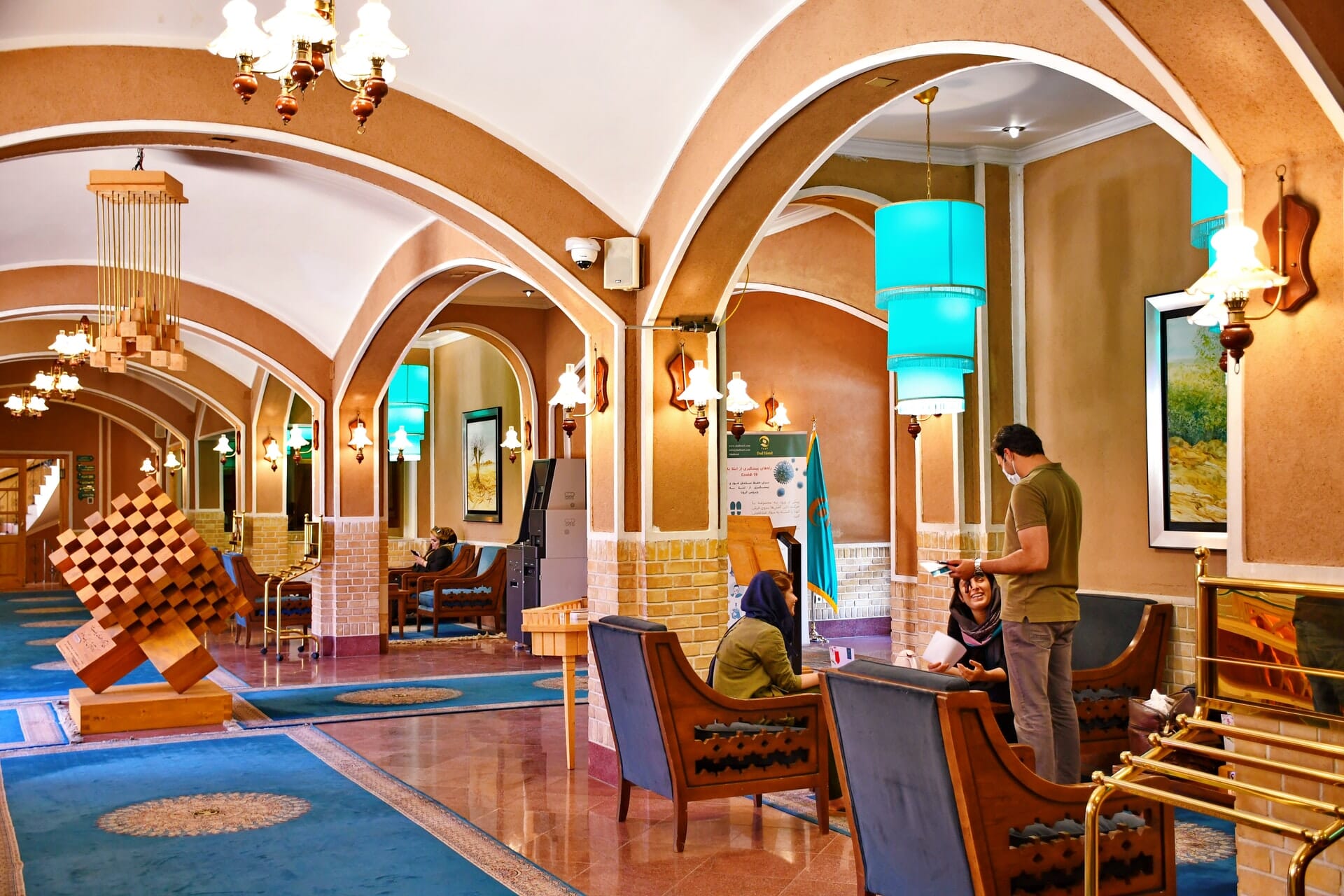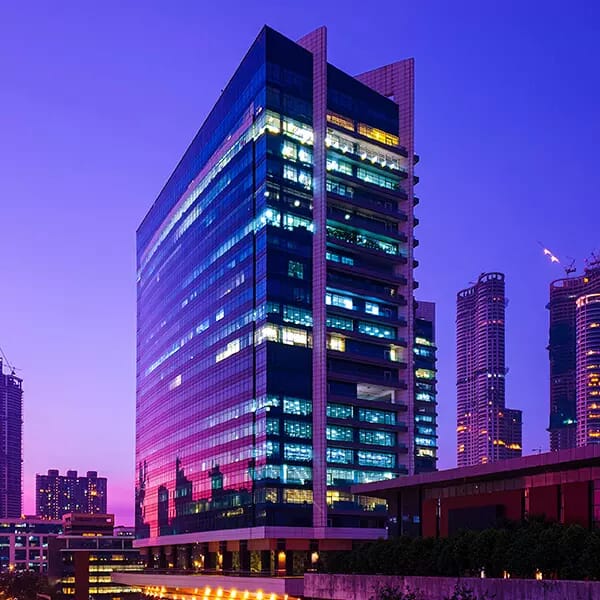 Dad hotel
Dad hotelThe Hotelization of Commercial Real Estate
How can hotels stay relevant in today's environment?
In a special session of the GRI Global Hospitality Committee, members of the GRI Club discussed emerging trends in the hospitality industry, and what the hotel of the future will look like. Mauro Rial (CFO, South America, Accor) moderated the virtual session in a roundtable with global hoteliers, investors, owners, developers, asset managers, and operators from 14 countries.
Important Takeaways:
-
Failing focusing on an experiential standpoint could end up taking hotels out of competition with other asset classes;
-
Hoteliers might have the opportunity to capitalize by looking at offices and residential buildings on the trend of hotelization;
-
ESG – Some hotel developments using photovoltaic solar panels can generate more than 80% of a hotel’s energy consumption;
-
Delivering exceptional hospitality experiences asks for thinking beyond the hotel building;
-
Customers do not always understand what ESG as a whole means. The investment community and authorities will play a major role in forcing the acceleration of change.
*Disclaimer: While this review highlights the most relevant topics under discussion, it does not contemplate the full discussion between the Board and all Members. In addition, committee sessions also dedicate time for networking.
The hotelization of commercial real estate – more competition for hotels?
Whether in residential or office spaces, several projects are providing hotel-like services and flexible spaces. According to CBRE’s research, landlords are seeking hospitality-infused buildings including “a broad range of amenities and supporting services” to meet the demands of new consumer preferences.
Furthermore, older generation hotels are being converted into co-living in some parts of the world.
These dynamic shifts mean more competition for hotels. However, participants agreed that, despite higher labour costs, delivering unique brand experiences and luxury services to end-users will be one main competitive advantage.
Why? Yes, the “hotelization” increases costs. But Committee Members mentioned the “trap” of transforming the lodging industry into a “financial business”. Failing to focus on an experiential standpoint could end up taking hotels out of the competition with other asset classes.
“Every brand should be unique and the customer should be able to experience that. This is one of the ways that we will have to compete with the other asset classes.”
At the same time, hoteliers might have the opportunity to capitalize by looking at offices and residential buildings on the trend of hotelization. Institucional landlords are already recalibrating their strategies in adding amenities to reduce the risk of their investments.
Embracing ESG in hospitality - How converting spaces can lead to higher asset values and reduced operational costs?
Applying sustainable technology in existing or new portfolios is essential for all stakeholders to the point that they see advantages, both in adding value to hotels and in the electricity bill.
Study cases brought during the Committee session show that some developments in South America use photovoltaic solar panels that can generate more than 80% of a hotel’s energy consumption. Other environmental solutions go from automation in air conditioning systems, to LED lighting, motion sensor lights, and electric vehicle charging. Savings can go up to 35% of the hotel's total energy consumption.
Accor presented exclusive research to Committee Members during the session.
From other operators’ perspective, ESG achievements tend to perform better in new developments, as it becomes possible to design a green mixed-use resort project from scratch and scale it up. But delivering exceptional hospitality experiences asks for thinking beyond the hotel building. A greater holistic experience with an eye on environmental and social initiatives is crucial.
“A mixed-use development with this ESG vision, cannot only be a positive addition to the neighboring community and culture, but also creates the intangible sustainable social synergy, experienced by visitors, guests and surrounding communities alike.”
Edmonds International’s Resort Hotels.
From some investors’ lens, customers do not always understand what ESG as a whole means, and might not be willing to pay for it. In this case, it takes the investment community and authorities to force the acceleration of change.
Moreover, activating the local value chain, hiring women in leadership roles, and including gender equality in organizations are policies that investors are already demanding in addition to the “E” challenge.
-
More broadly, a mindset change on how to look at profitability beyond rooms is already happening in the lodging industry.
-
Given the new scenario of embracing ESG alongside with hotelization, hoteliers will have to blaze a trail and rethink flexible space offerings.
-
Adapting to modalities of new working/traveling patterns with a focus on enhancing tenant and customer experiences will be key.
Watch Now
A complimentary excerpt of the full 1h Global Committee session exclusive to GRI Club Members. If you’re a member, watch the complete session on Media Center.
About the GRI Global Committee
The GRI Global Committees function as think tanks that bring impactful international conversations, and top-notch content. They gather the most influential global players of the real estate industry in a full-year journey of online sessions in order to identify new trends, capitalise on growth opportunities, and aid deal flow discovery worldwide.
Learn more about GRI Club: griclub.org
– Written by Lucas Brancucci | GRI Global Committee Production Team







